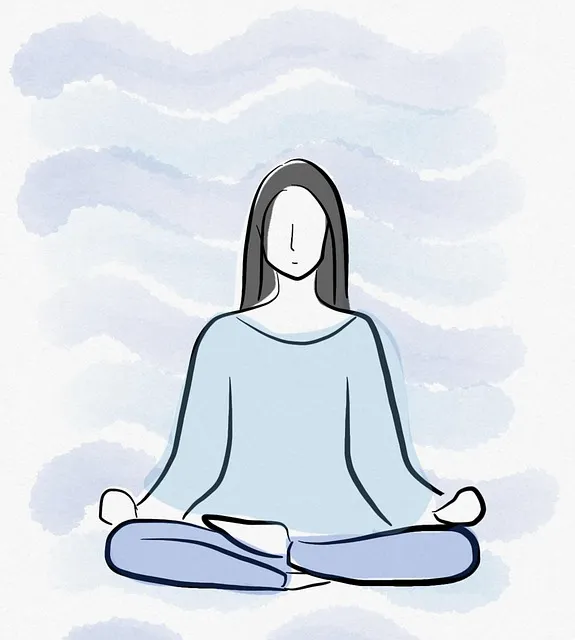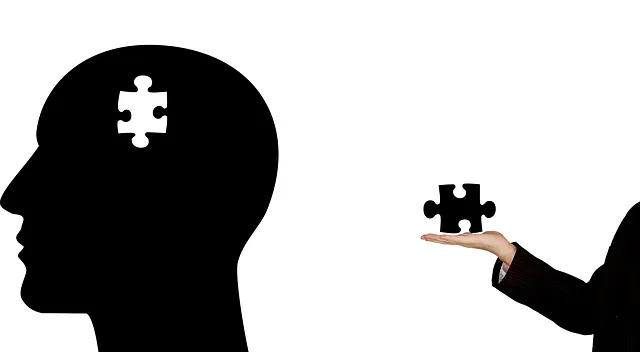Northglenn Kaiser Permanente mental health services offer comprehensive anxiety management through mindfulness, meditation, CBT, and holistic practices. Keeping a Mental Wellness Journal, regular exercise, balanced diet, hydration, sleep, and lifestyle adjustments are emphasized for effective anxiety control, with professional guidance on conflict resolution and emotional regulation.
Anxiety is a common yet manageable condition that affects many individuals. At Northglenn Kaiser Permanente Mental Health, we offer effective strategies to help you overcome anxiety. This article explores various techniques tailored to your well-being, including understanding the basics of anxiety, recognizing triggers and symptoms, and implementing evidence-based practices like mindfulness, CBT, and lifestyle adjustments. By embracing these approaches, you can reclaim control over your mental health and foster lasting calmness.
- Understanding Anxiety: Recognizing Common Triggers and Symptoms
- Mindfulness and Meditation: Cultivating Present-Moment Awareness
- Cognitive Behavioral Therapy (CBT): Challenging Negative Thought Patterns
- Lifestyle Adjustments: Exercise, Diet, and Sleep for Calmness
Understanding Anxiety: Recognizing Common Triggers and Symptoms

Anxiety is a normal human response to stress and challenging situations, but when it becomes persistent and overwhelming, it can significantly impact daily life. Understanding your anxiety involves recognizing its triggers, which can vary greatly from person to person. Common triggers include stressful life events, such as financial worries, relationship issues, or major changes at work. For some, specific situations like public speaking or social gatherings might induce anxiety. Identifying these triggers is the first step towards managing anxiety effectively.
Recognizing symptoms is equally crucial. Physical signs of anxiety can include rapid heartbeat, sweating, trembling, and difficulty breathing. Emotional symptoms may manifest as restlessness, fear, or a sense of dread. Northglenn Kaiser Permanente mental health professionals emphasize that keeping a Mental Wellness Journal to track triggers and symptoms can be beneficial. Additionally, practices like journaling, mindfulness, and exercise, coupled with guidance from mental health experts, can provide valuable tools for managing anxiety. Techniques such as conflict resolution skills and emotional regulation strategies are also essential components of a comprehensive approach to anxiety management.
Mindfulness and Meditation: Cultivating Present-Moment Awareness

Mindfulness and meditation are powerful tools for managing anxiety, offered by Northglenn Kaiser Permanente mental health services. These practices involve cultivating present-moment awareness, focusing on the here and now rather than dwelling on worries about the future or regrets from the past. By training their minds to stay grounded in the immediate experience, individuals can develop a greater sense of calm and clarity, reducing the intensity of anxious thoughts and feelings.
Regular mindfulness practice has been shown to enhance emotional regulation, which is crucial for managing anxiety effectively. Additionally, it can facilitate social skills training by promoting non-judgmental observation of oneself and others, fostering deeper connections and improved interpersonal interactions. For those who have experienced trauma, these practices can be a component of comprehensive Trauma Support Services, helping to process and integrate distressing memories while cultivating resilience and self-compassion.
Cognitive Behavioral Therapy (CBT): Challenging Negative Thought Patterns

Cognitive Behavioral Therapy (CBT) is a highly effective approach for managing anxiety disorders, and it’s offered by Northglenn Kaiser Permanente mental health professionals. CBT focuses on challenging and changing negative thought patterns that contribute to anxious feelings. By identifying distorted thinking, individuals can learn to replace these thoughts with more realistic and positive ones, leading to improved mood and reduced anxiety. This therapy also teaches coping skills development, helping people manage stress and enhance their mental wellness. Through CBT, patients gain valuable tools to navigate through challenging situations, fostering resilience and a greater sense of control over their lives.
Lifestyle Adjustments: Exercise, Diet, and Sleep for Calmness

At Northglenn Kaiser Permanente, mental health is a cornerstone of holistic well-being. One of the most effective ways to manage anxiety is through lifestyle adjustments that promote calmness and resilience. Regular exercise not only strengthens your body but also releases endorphins, natural chemicals in the brain that act as mood elevators. Aim for at least 30 minutes of moderate activity daily, such as walking, cycling, or swimming.
Diet plays a significant role in stress management too. Incorporate foods rich in omega-3 fatty acids, like salmon and walnuts, which have been linked to improved emotional intelligence and reduced anxiety. Additionally, staying hydrated and limiting caffeine and alcohol can significantly impact your mood and sleep quality. Prioritizing adequate sleep, aiming for 7-9 hours per night, is crucial for managing crises and maintaining emotional stability. Northglenn Kaiser Permanente’s crisis intervention guidance emphasizes the interconnectedness of these lifestyle factors in fostering mental wellness.
Anxiety management is a comprehensive approach that can significantly improve quality of life, as demonstrated by evidence-based practices like mindfulness, CBT, and lifestyle adjustments recommended by Northglenn Kaiser Permanente’s mental health experts. By understanding triggers, cultivating present-moment awareness, challenging negative thoughts, and adopting healthy habits, individuals can navigate life’s challenges with greater resilience and calmness. These techniques offer a holistic path to managing anxiety, promoting overall well-being.






